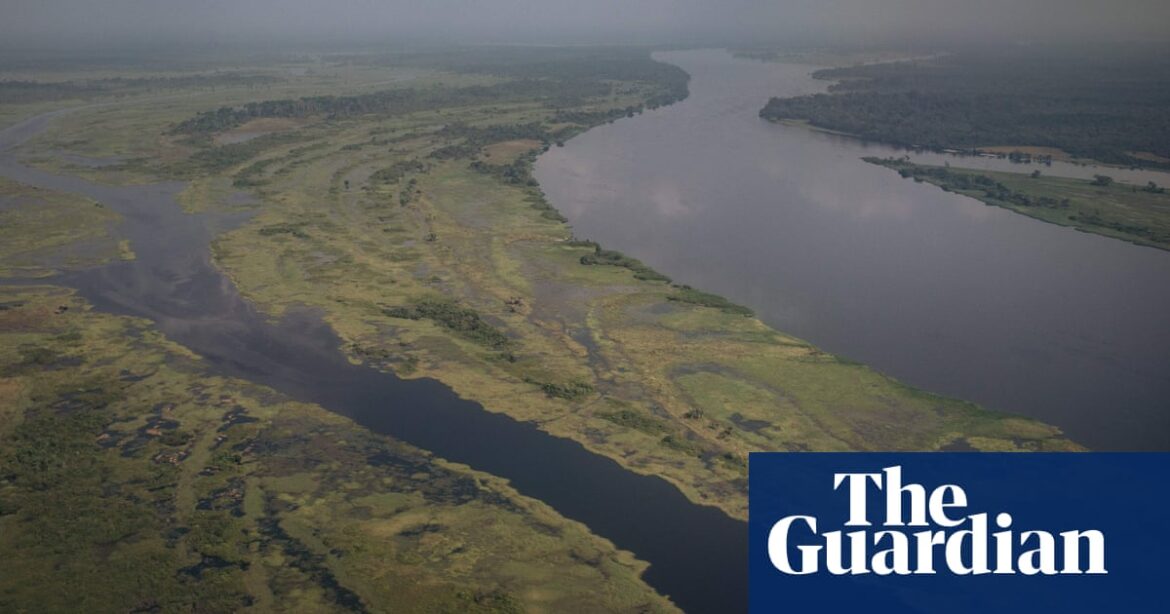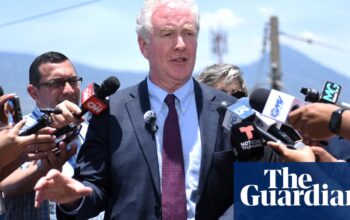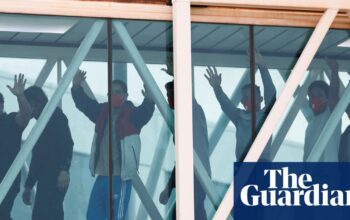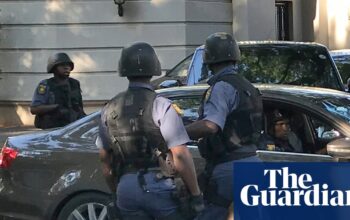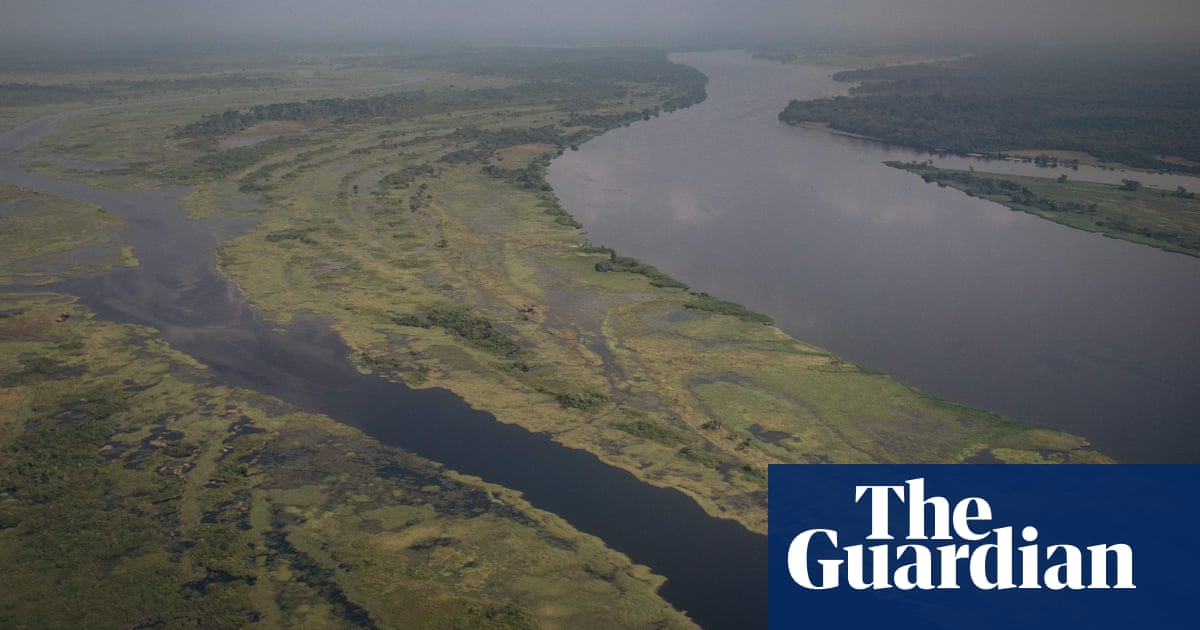
A ferry overloaded with people returning home for Christmas capsized on the Busira River in north-eastern Congo, leaving 38 people confirmed dead and more than 100 others missing, officials and eyewitnesses said on Saturday.
Twenty people have been rescued so far.
The sinking of the ferry late on Friday came less than four days after another boat capsized in the country’s north-east, killing 25 people.
The ferry was travelling as part of a convoy of other vessels and the passengers were primarily merchants returning home for Christmas, said Joseph Joseph Kangolingoli, the mayor of Ingende, the last town on the river before the site of the accident.
According to Ingende resident Ndolo Kaddy, the ferry contained “more than 400 people because it made two ports, Ingende and Loolo, on the way to Boende, so there is reason to believe there were more deaths”.
Congolese officials have often warned against overloading boats and vowed to punish those violating safety measures on rivers. However, in remote areas many people cannot afford public transportation on the few available roads.
At least 78 people drowned in October when an overloaded boat sank in the country’s east while 80 lost their lives in a similar accident near Kinshasa in June.
The latest accident prompted anger at the government for not equipping the convoy with flotation devices.
Nesty Bonina, a member of the local government and a prominent figure in Mbandaka, the capital of the Equateur province where the ferry sank, condemned authorities for not properly handling the recent events.
“How can a ship navigate at night under the watchful eye of river service agents? And now we’re recording over a hundred deaths,” said Bonina.
The capsizing of overloaded boats is becoming increasingly frequent in this central African nation as more people are giving up the few available roads in favour of wooden vessels crumbling under the weight of passengers and their goods for security reasons.
The roads are often caught up in the deadly clashes between Congolese security forces and rebels that sometimes block major access routes.
Source: theguardian.com
